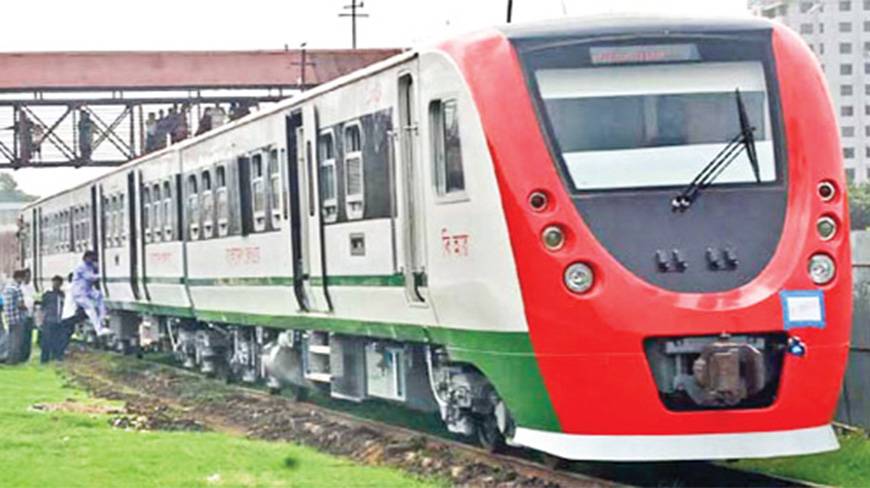Narayanganj to get electric train service

The government has taken up a project to introduce electric train service in Narayanganj under a public-private partnership with Singapore.
The cabinet committee on economic affairs with Finance Minister AMA Muhith in the chair yesterday approved the local government division's proposal to reduce the district's traffic congestion.
Nasima Begum, additional secretary to the cabinet division, told reporters afterwards that 388 cities around the world used the transport system.
She said 23 kilometres of the rail line will be set up in two parts, one covering 11 kilometres from Nitaiganj via Chashara to Signboard and another 12 kilometres from Chittagong road to Panchabati.
She also said the interchange station or the place allowing passengers to change routes would be at Chashara. Bangladesh and Singapore have already signed a government-to-government agreement and the cost and other issues would be determined following a feasibility study.
The cabinet committee also approved a proposal for importing two lakh tonnes of urea fertiliser from the United Arab Emirates under a state-to-state arrangement.
After the economic affairs committee meeting, the purchase committee held a meet on a proposal for the food ministry to purchase 1.85 crore pieces of hessian bags from Bangladesh Jute Mills Corporation.
The price for every hessian bag has been fixed at Tk 54.
The committee also approved an additional cost for the construction of a coastal embankment in Mirsarai Economic Zone in Chattogram. Originally Tk 1,124 crore was allocated for the project, and now with the additional cost, Tk 1,631 crore in total has been okayed.
The committee also approved another proposal for the purchase of equipment for gantry cranes at Chattogram container terminal at a cost of Tk 61 crore.
Besides, it also approved a proposal for floating fresh tender under the learning and earning project of the information and communication technology division. The main aim of the project is to organise training programmes for young learners in 64 districts.
